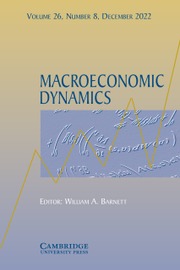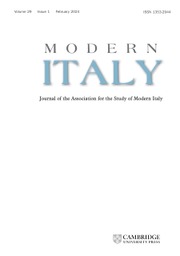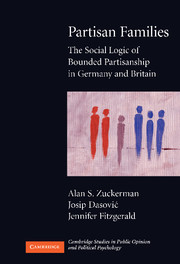Close to Home
Who votes for radical right parties and why? This book argues that the increasing popularity of the radical right in Europe originates in community bonds: strong ties to one's locality motivate support for the radical right. These parties use nostalgic themes and symbolic politicking to idealize community, defend local autonomy, and ultimately draw local identity into the electoral realm. While other explanations of the radical right's popularity typify supporters as victims of macro-economic shifts and strains, the author's account explores people's day-to-day experiences that link local connections to political decisions. The analysis also raises questions about the political implications of different formal authority structures such as the level and nature of power devolved to local units. The localist model of radical right support illuminates the psychological, social, and institutional conditions and processes that render people's feelings about their cities, towns, and villages relevant for politics.
- Offers a locally-oriented explanation of electoral shifts in advanced democracies, particularly the rise of radical right parties in Europe
- Develops the concept of localism as a motivation for voting for people's electoral choice
- Points out that devolution of authority can motivate radical right support
Awards
Winner, 2019 Best Book Award, European Politics and Society Section, American Political Science Association
Reviews & endorsements
‘Close to Home succeeds in overturning what has become a pretty static view of radical right voters. Jennifer Fitzgerald's central contribution is to theorize localism and measure its impact through rigorous statistical tests. Fascinatingly, it turns out that localism works more through ideational mechanisms - feelings toward one's immediate surrounding - than through interpersonal contact. Imagined localism increases support for the radical right, but actual interactions with neighbors decreases it. And perhaps most interestingly, Fitzgerald shows that localism has helped with two constituencies in which the radical right has historically performed poorly: female voters and voters who identify as left-of-center. This is a novel, sophisticated, and compelling take on one of the most important political dynamics in advanced industrial societies.' David Art, Tufts University, Massachusetts
‘In the tradition of Lazarsfeld, Fitzgerald's book develops a localist model of radical right support. A brilliant and original demonstration, based on a wealth of comparative survey data, showing how much neighborhood and community ties matter.' Nonna Mayer, Emerita CNRS Research Director, Sciences Po, Paris
‘While country specialists have always been aware of the huge regional differences in support for the radical right, the comparative study of radical Right-Wing mobilization has for a long time focused almost exclusively on the level of the nation state. This is changing rapidly: the question of how local conditions and - perhaps more importantly - beliefs about local conditions and communities facilitate or hinder mobilization by the radical right is becoming one of the most important issue in this field of research. Professor Fitzgerald has written the first book-length treatise on this issue. She provides a concise theoretical framework and ample empirical evidence. Without doubt, her book will shape the development of the subfield.' Kai Arzheimer, University of Mainz, Germany
Product details
September 2018Hardback
9781108421539
264 pages
235 × 157 × 20 mm
0.5kg
39 b/w illus. 36 tables
Available
Table of Contents
- 1. Introduction
- 2. Theorizing localism and radical right support
- 3. Localism and radical right support in Europe
- 4. Who are the localists that support the radical right?
- 5. Neighborly ties, local autonomy, and SVP support in Switzerland
- 6. Local autonomy shifts, local cohesion, and Le Pen support in France
- 7. Local political salience and radical right party success in OECD countries
- 8. Conclusion.







